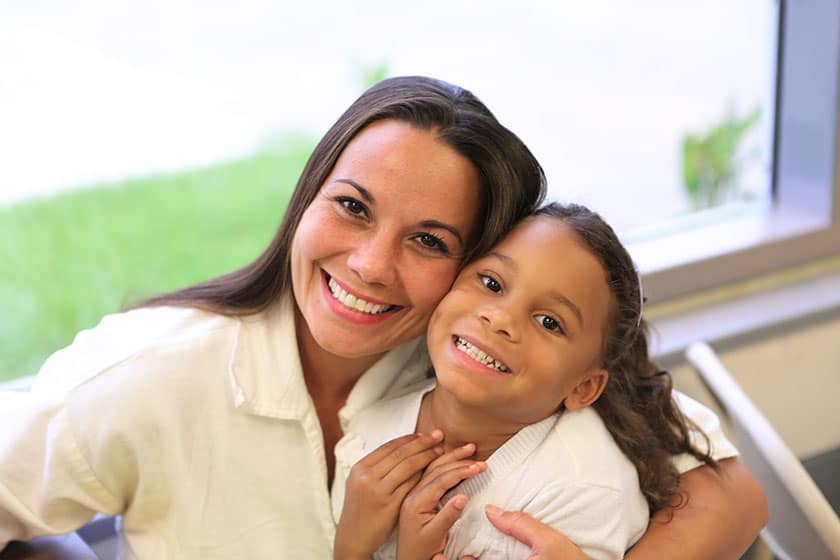
More than half of the incarcerated women in state and federal prisons in this country are mothers to minor children.

More than half of the incarcerated women in state and federal prisons in this country are mothers to minor children.
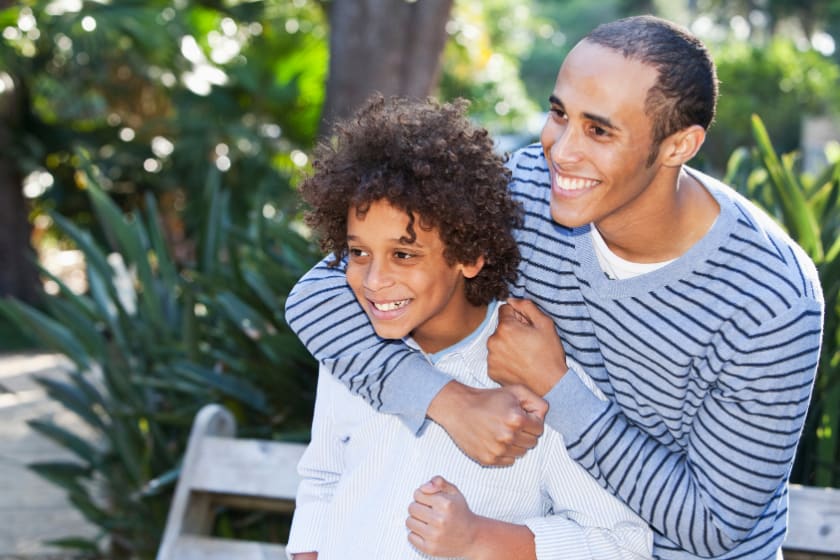
For parents like Grace—thrust into a position she never saw coming—the daily juggling act of solo parenting can feel insurmountable. But there’s great hope and joy to be found in the journey.
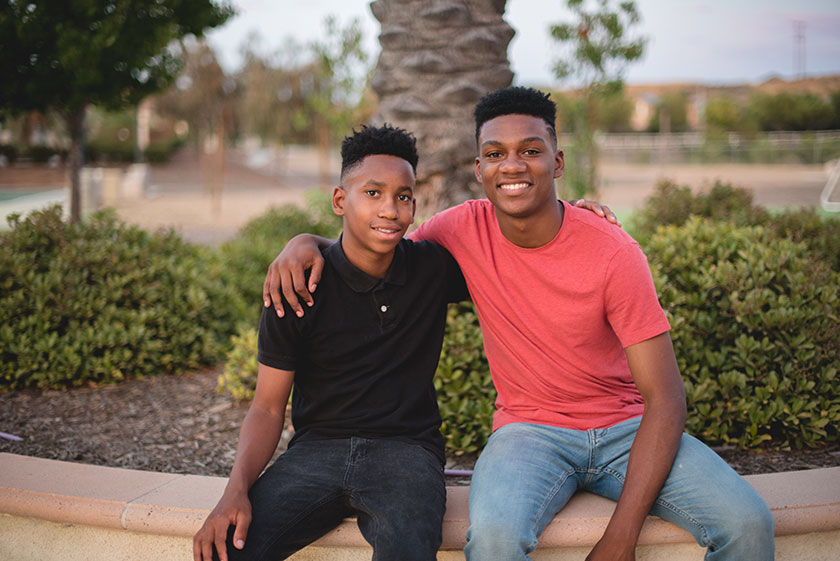
Seventy percent of prisoners’ children have caregivers who are over the age of 50. Many of these caregivers are grandparents. This Grandparents Day, we want to honor those family members who care for youth while their moms and dads are away.
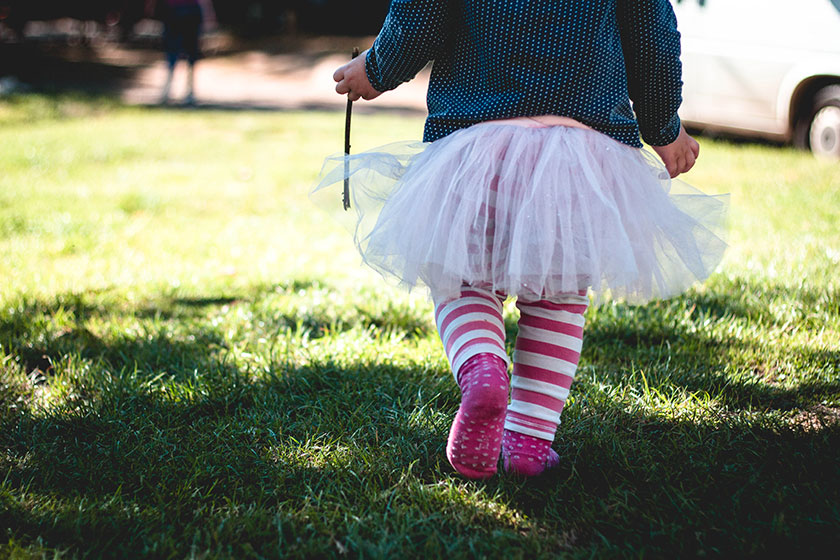
When her grown daughter went to prison, Karen accepted the dual role of Mom and Grandma to take care of two little ones. It was the most difficult thing she’s ever done—and she would do it all over again if she had to. But what did it take to survive the challenges?
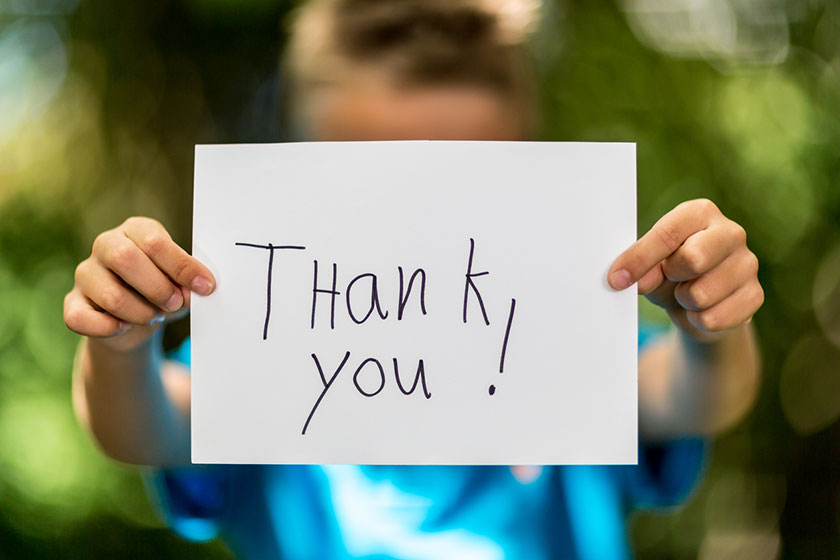
Thank you for your prayers and support for our Angel Tree Camping program.

Guest blogger Terri Grothe shares how to tell a child their parent is incarcerated and how to have open communication between the child and caregiver.
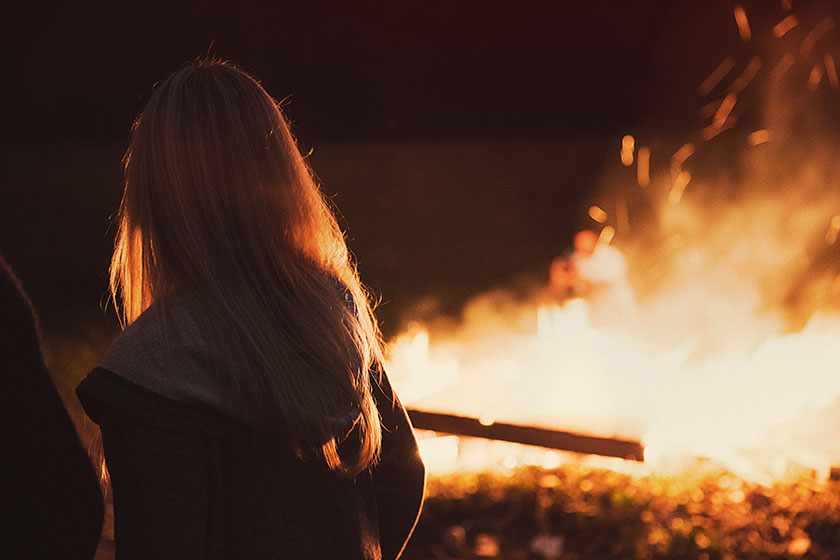
"I can't believe you want to know my story. No one has ever asked me my story. No one has ever cared before."

If you find yourself in the position of caring for children who have one or more parents in prison, you have experienced the impact of prison deeply. You may have your own feelings about the incarcerated person and the potential financial weight you might have to bear.
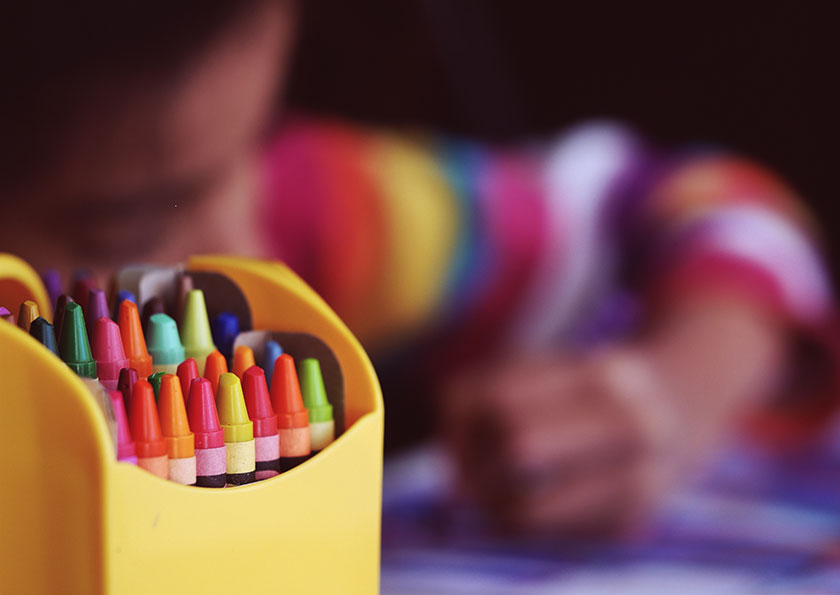
The following article was originally published in Spring 2017 edition of Inside Journal. Inside Journal is a quarterly newspaper published by Prison Fellowship® just for prisoners.
I have been an Angel Tree church coordinator for many years, but 2014 has to have been the best ministry year yet.
When fathers go to prison, mothers often become the sole caregivers of the children. Many of these mothers are single heads of households, while some live with their own parents in multigenerational households.
Restoration Partners give monthly to bring life-changing prison ministry programs to incarcerated men and women across the country.
JOIN NOW